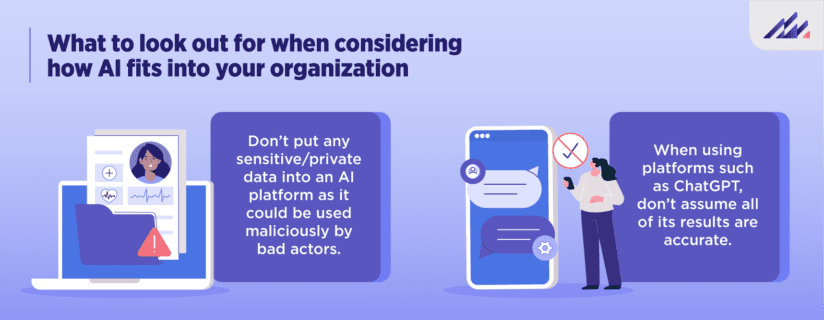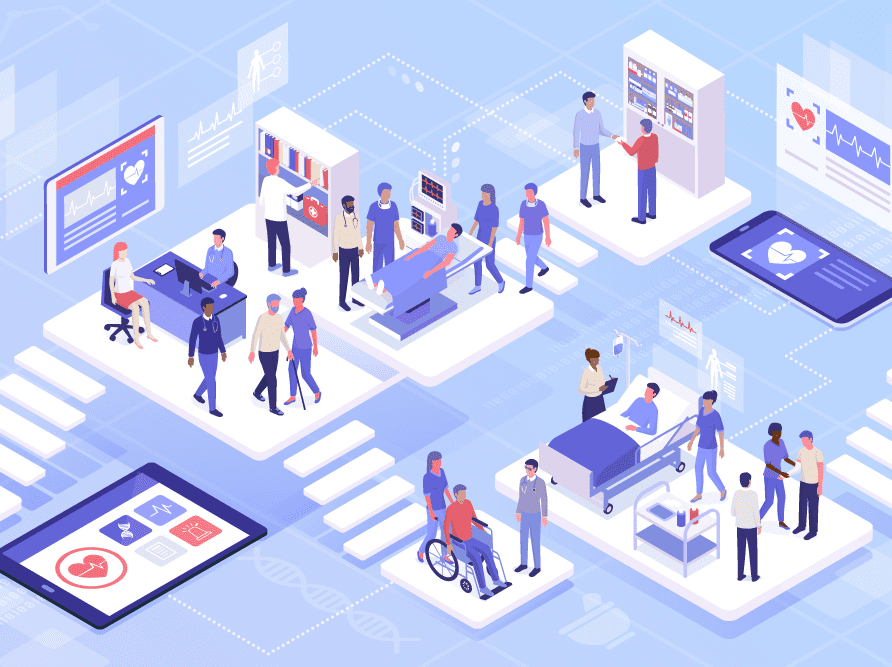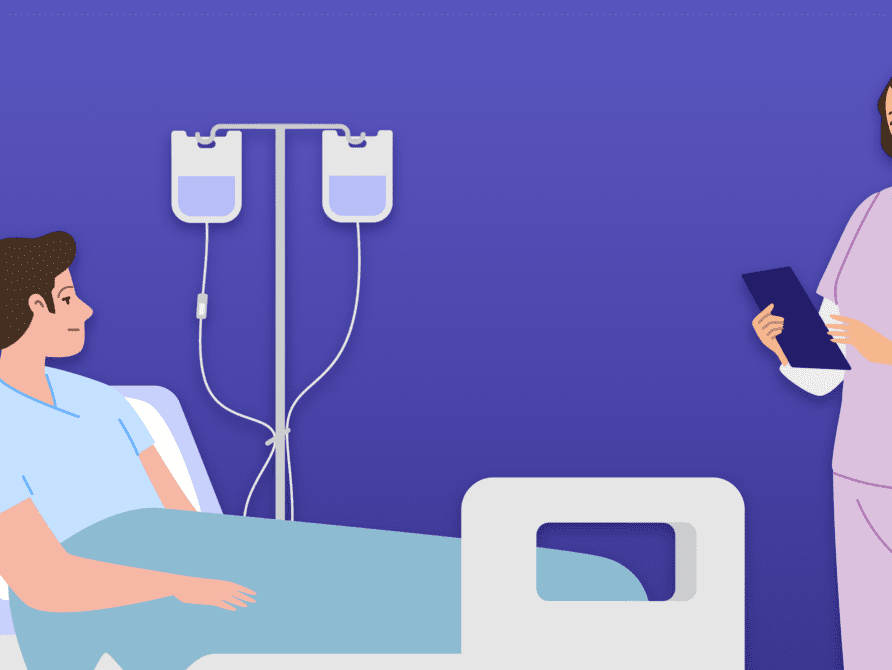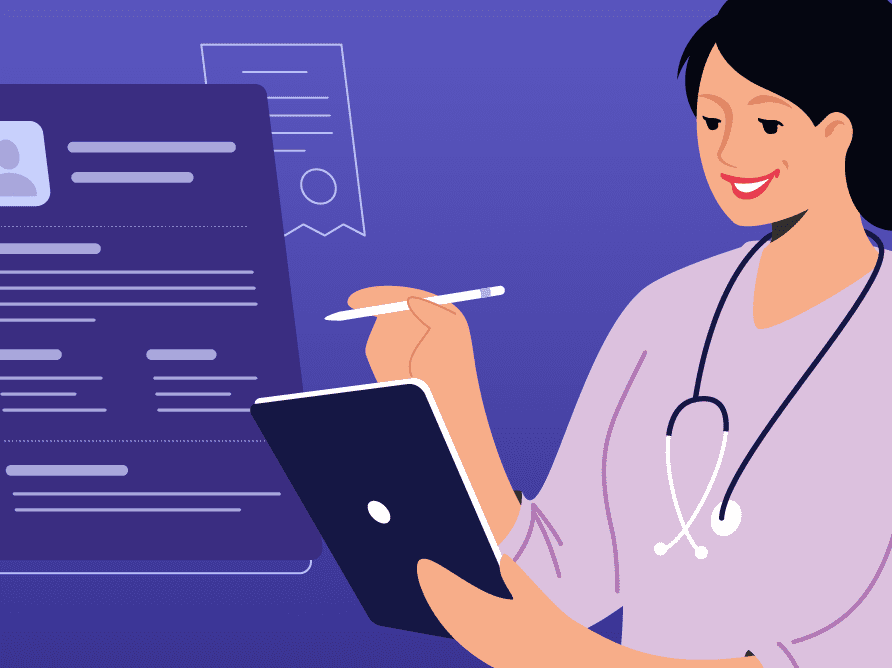Article
What healthcare professionals need to know about AI
The technology industry moves fast, and it can be hard to keep up with the next “fad” or trending topic. Artificial Intelligence (AI) is surely one of the buzzwords you’ve heard around recently but don’t know much about yet. No, the AI you hear of today is not likely to bring about a real-life version of “The Terminator” movie, but there are certainly ways that this technology can affect/benefit your life and how you get your job done. In this article, we discuss some of the basics of AI and how you can use it effectively and safely.
What is AI?
When we’re talking about today’s AI, we’re generally discussing one of these two categories:
- Machine Learning – before the craze of ChatGPT and other AI models, machine learning was used as a means to algorithmically improve processes, designs and more. A common method to achieve these benefits was to design algorithms with ways to score outcomes as positive or negative and then allow computers to run through countless iterations of a process to find the best method based on score. This incremental “learning” by the computer is how the term “machine learning” came about. While machine learning has been around for years, it’s not very applicable for widespread use because in order to use it one has to understand how to program the algorithms and computer the correct way.
- Generative AI – Over the years, improvements to machine learning capabilities eventually gave rise to generative AI, or artificial intelligence models that can generate new content based on input. These platforms have been improved to be more user-friendly, which has played a major role in their widespread public adoption. Large Language Models (LLMs) are a special form of generative AI that specializes in generating text-based content. While there are AI models that specialize in video or image content generation (like DALL-E), LLMs like Chat-GPT seem to have gained the most traction with business use in the healthcare industry. For instance, you can type requests like, “Write me a short story about a healthcare worker,” and it will understand and process the request.

Safe(ish) tasks to use AI for
Will AI platforms like ChatGPT have a bigger role in our lives? I believe so. But we need to know the right use cases for it, as well as its limitations and any ethical considerations for applying the results. With the technology being so new, governments, businesses and organizations are still in the early stages of policy and guidelines for AI usage. Always consult with your organization before trying AI for any work-related tasks. For now, here’s what I recommend using AI for in healthcare:
- Making administrative work easier. Anything that has aspects of a recurring pattern—like recording vitals, reconciling invoices or summarizing important data from different data sources—generative AI can help by increasing personal efficiency and minimizing the chance of errors due to manual data entry.
- Working as an enhanced sensor and alerting network, as well as diagnosing and even suggesting treatment paths. Properly trained machine learning models can recognize when complex data exceeds critical thresholds and alert healthcare providers appropriately so that they can focus on patients needing urgent care.
- Building options for navigating data, especially for non-experts. Generative AI can be used to help patients navigate the healthcare market by working with a group of providers and their teams to manage common treatments or chronic conditions. Many healthcare providers are seeing it help patients and their caregivers with issues related to patient engagement.
I’m truly excited to see the future of AI in healthcare, but in the meantime, I’ll leave you with a couple of important reminders. First, don’t put any sensitive/private data into an AI platform as it could be used maliciously by bad actors. And second, when using platforms such as ChatGPT, don’t assume all of its results are accurate. ChatGPT in particular was only trained on internet content that was available prior to 2019 and it can be relatively easy to manipulate it into creating responses that sound like they make sense but in reality aren’t true at all.
To learn more about generative AI, go here.
References:
DALL-E link: https://openai.com/dall-e-3
Chat-GPT link: https://openai.com/blog/chatgpt













